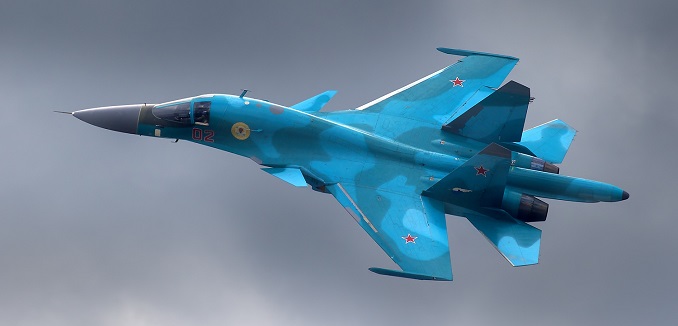The Obama administration’s new Syria strategy will involve closely coordinating military activities with Russia in order to target the terrorist groups that most directly threaten Syrian dictator Bashar al-Assad, The Washington Post reported Wednesday:
Overall, the proposal would dramatically shift the United States’ Syria policy by directing more American military power against Jabhat al-Nusra, which unlike the Islamic State is focused on fighting the regime of Syrian President Bashar al-Assad. While this would expand the U.S. counterterrorism mission in Syria, it would also be a boon for the Assad regime, which could see the forces it is fighting dramatically weakened. The plan also represents a big change in U.S.-Russia policy. It would give Russian President Vladimir Putin something he has long wanted: closer military relations with the United States and a thawing of his international isolation. That’s why the Pentagon was initially opposed to the plan. …
The plan calls for the creation of a Joint Implementation Group, to be based in Jordan, which will facilitate intelligence sharing of al-Nusra locations in order to identify targets for strikes, as well as other elements of military cooperation. In exchange for U.S. assistance against al-Nusra, Russia will be required to limit airstrikes to mutually-agreed locations, as well as ensure that the Syrian air force refrains from bombing agreed-upon areas.
Defense Secretary Ashton Carter was initially opposed to this plan, but changed his mind amid White House pressure last month. Nonetheless, many top Pentagon officials are still quite wary of the idea, the Daily Beast reported; they want to limit the amount of intelligence shared with Russia as much as possible, and are especially concerned that Moscow will eventually violate their agreement and attack other anti-Assad rebels (including those trained by the U.S.), thus strengthening the Syrian regime. Last month, Russian jets struck what the Pentagon described as a “border garrison” housing 200 U.S.-supported rebels near the Jordanian border.
The Washington Post‘s Josh Rogin explained the Obama administration’s calculus, as well as potential drawbacks to their plan:
Kerry sees the proposal as a way to reduce the violence in Syria and ground the regime’s air force. The risk is that attacking Jabhat al-Nusra in conjunction with the Russians will spur terrorist recruiting, increase civilian casualties and put the United States firmly on the wrong side of the revolution in the eyes of the Syrian people. Also, there’s no enforcement mechanism if the Putin or Assad regimes violate their commitments — as they have consistently done until now.
Even in the best-case scenario, where Russia and Syria hold up their end of the bargain, the result could be major advances for the Assad regime. While Jabhat al-Nusra is a problem, teaming up with the Russian air force might not be the best solution.
The House of Representatives overwhelmingly approved a resolution in March calling for Assad and those who have supported his continued rule, including Russia, to be prosecuted for war crimes and crimes against humanity.
[Photo: Oleg V. Belyakov / Wikimedia]




